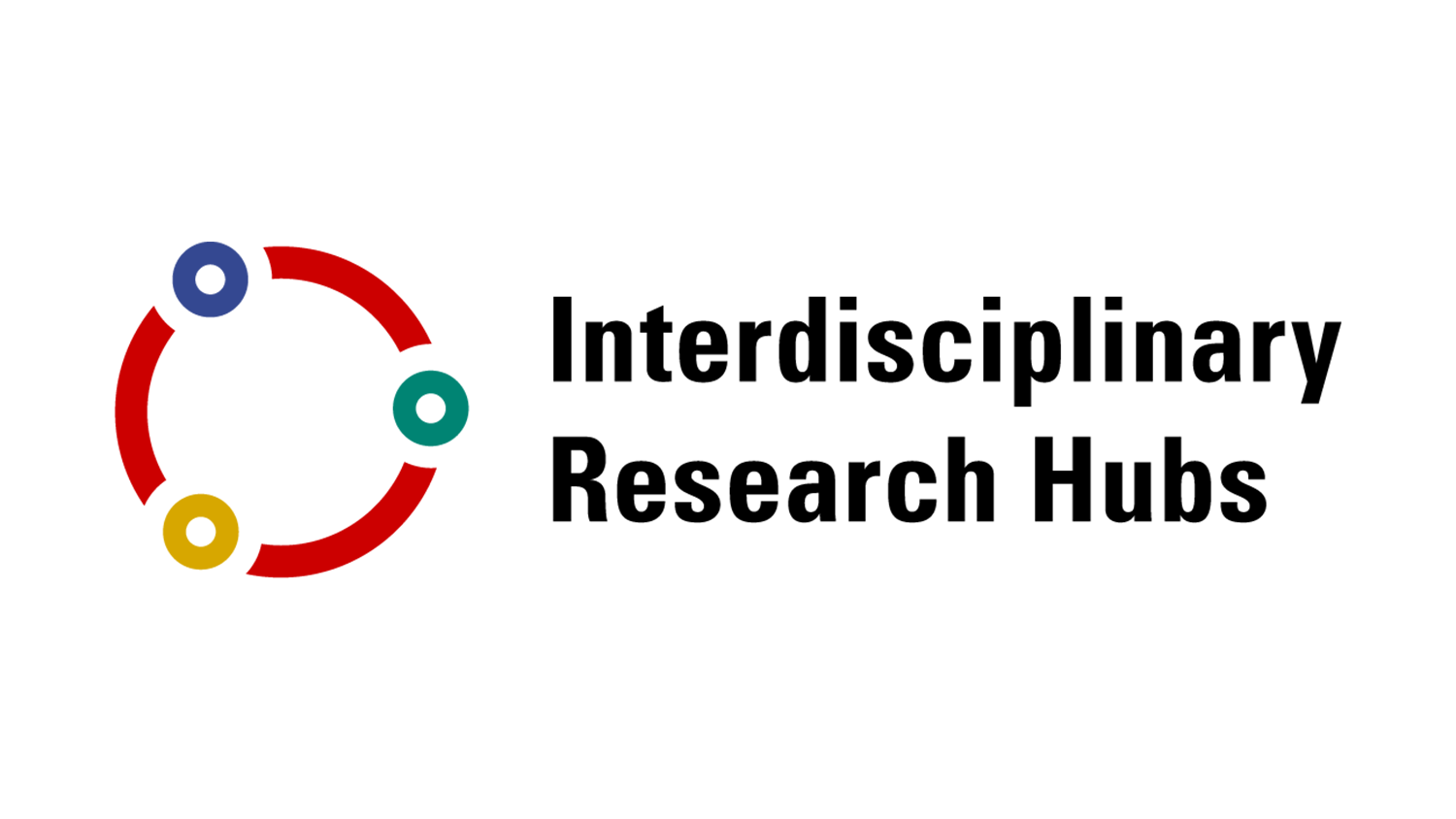Training Students and Giving Back to the Community at CCERC
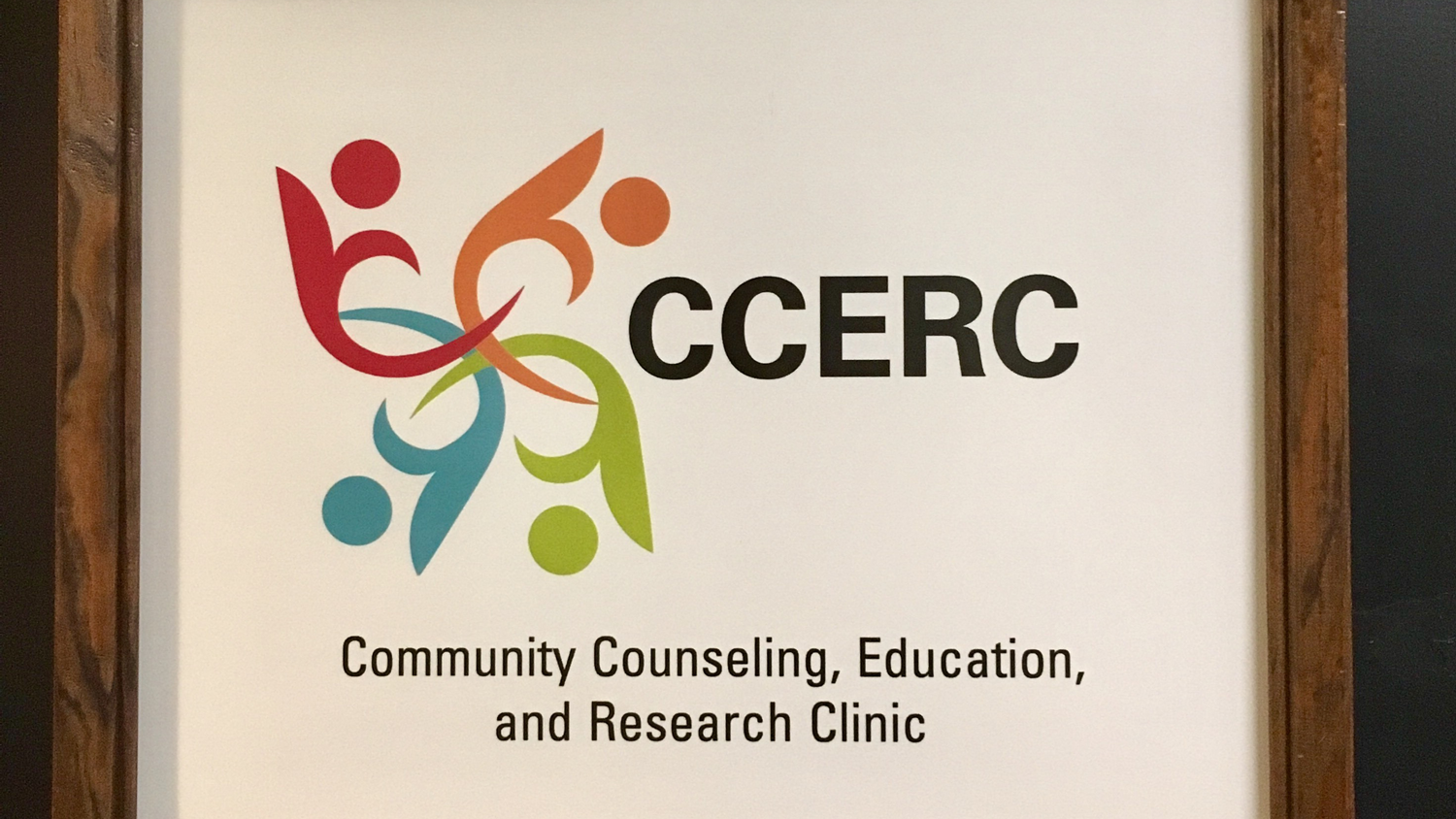
Thanks to the Community Counseling, Education and Research Center (CCERC), students in the counselor education graduate program can gain invaluable experience while giving back to the community.
CCERC aims to provide culturally inclusive, socially just counseling services to everyone in need in the Raleigh community, regardless of income level. This unique clinic was co-founded and is co-directed by two College of Education professors — Dr. Marc Grimmett and Dr. Helen Lupton-Smith — but the services are largely provided by students in the Clinical Mental Health Counseling program. Doctoral students coordinate the day-to-day operations of the clinic, while master’s students lead counseling sessions under faculty supervision.
We asked Alyx Beckwith, one of two doctoral student coordinators, to share more with us about CCERC.
Tell us a little more about CCERC.
The Community Counseling, Education and Research Clinic (CCERC) of the counselor education program provides short-term, affordable counseling services to individuals, couples and families. CCERC’s mission is to provide world-class community counseling and to develop counselors and supervisors for multicultural and social justice practice. Counseling services focus on healthy personal, emotional, social and career development. A 50-minute counseling session costs $0-30, using a sliding fee scale based on client self-reported income. Clients pay only what they can afford. Counselor education graduate students provide counseling under supervision of faculty.
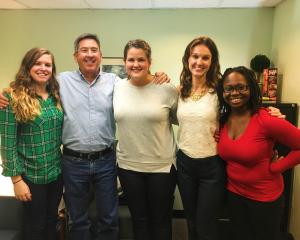
How do you train the graduate students who lead the counseling sessions to be multiculturally competent? Why is this an imperative skill for counselors to have?
The importance of developing the skills, knowledge and awareness to be able to provide counseling to our multicultural and diverse community is foundational to the counselor education program. Advocating for marginalized communities and practicing social justice are essential to the counseling profession and multicultural and social justice counseling competence is nurtured throughout the graduate program. Empathy, self awareness and dialogue are central to training students to become multiculturally and social justice competent. These elements are emphasized from day one and modeled by faculty in class and at CCERC. Students are challenged to explore their views, values, implicit biases and understanding of themselves as cultural beings. Difficult conversations about race, ethnicity, socioeconomic status, faith, gender and sexuality are conducted in supportive ways to provide a safe space for exploration and introspection. Developing multicultural and social justice counseling competence is imperative for counselors because we respect the richness of the human experience and value the traditions and customs clients bring to the session. We also recognize the inequities in our society and cannot enhance health and well-being without being aware of and taking action to address the various concerns that affect communities. In the words of a current master’s intern at CCERC, “counselor education is inextricably linked to multicultural education. They are one in the same.”
How do the students benefit from this hands-on experience?
All students (master’s and doctoral) in the counselor education program have to complete practicum and internship courses. Each student receives valuable hands-on, real world experience and clinical supervision to develop the skills and competence needed to practice counseling. Students are placed at local agencies, counseling practices or colleges. At CCERC, practicum and internship students receive clinical supervision from faculty members and doctoral-level student supervisors who are licensed professional counselors receiving supervision training. For graduate students at CCERC, working with faculty and other students presents a unique opportunity to incorporate training into their education. Due to physical space limitations, CCERC currently has the capacity for only a limited number of students to train at the clinic. It is a primary goal of CCERC to expand its reach and current capacity to someday offer spaces to all clinical mental health counseling students in the program.
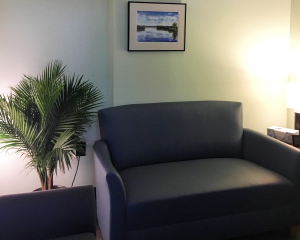
How has the clinic changed since its inception, and what is your vision moving forward?
The clinic started out in the 1990s as a counseling “lab” on the fifth floor of Poe Hall. Individuals from the community coming for counseling had to figure out how to navigate the large, intimidating campus and find available parking. As space at the university began to shrink, counselor education faculty had to find an off-campus location to offer services. Faculty members Dr. Grimmett and Dr. Lupton-Smith engaged in community partnership building and were fortunate to partner with the Wade Edwards Learning Lab (WELL). A graduate of the counselor education program, Dr. Robert Martinez, facilitated connecting the faculty members with the Executive Director of WELL, Betsey McFarland. WELL is a local nonprofit organization dedicated to providing high school students with opportunities for achievement, enrichment, and service in preparation for personal and academic success. WELL donates office space to CCERC in exchange for support and coordination of some of its services. CCERC at WELL is located in downtown Raleigh near NC State with ample parking, sidewalks and easy access from public transportation. The CCERC vision is to be a national model for world class, multicultural, and social justice — counseling, supervision, education, training, research and advocacy.
What sets the clinical mental health counseling program at the College of Education apart from other programs?
There are many great programs in the College of Education. The clinical mental health counseling program is unique in that it prepares graduates for state licensure as a professional counselor. With this license, graduates can work in clinical settings, hospitals, agencies, private practice, or any place licensed professional counselors are needed. The program is accredited by the Council for Accreditation of Counseling and Related Educational Programs (CACREP), a national body, which is helpful for students who wish to apply to doctoral programs, work with federal entities like the Veterans Administration, or become licensed in another state.
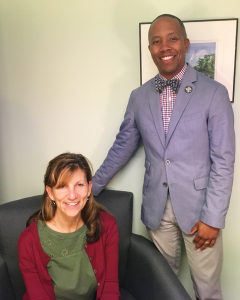
What advice do you have for someone considering a career in counseling?
Counseling is a rewarding and enriching profession. A well-trained, skilled counselor can work in multiple settings and with diverse clients. Counseling can have a profound impact on an individual or family’s life and can empower clients to see the ways in which they created change in their own lives. Counseling is innovative and requires continuous learning and professional development. Part of that learning is personal growth, as it’s essential for counselors to know themselves and understand how they are being perceived by others. Creativity, patience and the ability to collaborate are other important characteristics of counselors. Kindness and empathy are vital to the profession as well.
Are you interested in learning more about CCERC or would you like to schedule an appointment? Please visit the CCERC website!
- Categories:

